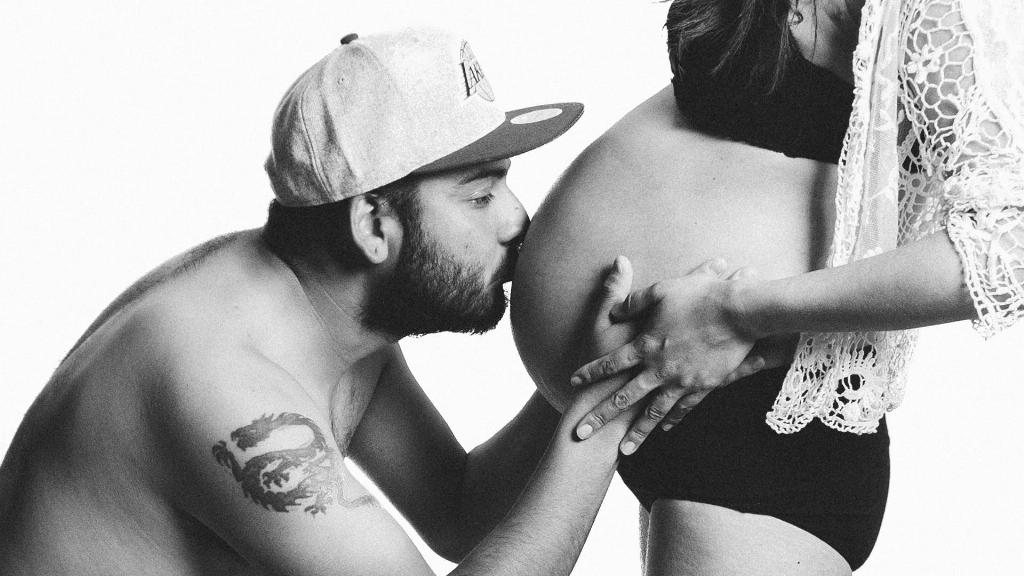When it comes to treating PUPPS after pregnancy, it’s important to address the uncomfortable itching that often accompanies this condition. One approach to managing the symptoms of PUPPS is to use anti-itch creams as directed by your healthcare provider. These creams can help provide relief from the itching sensation that can be quite bothersome.
Aside from anti-itch creams, another option to consider is the use of over-the-counter calamine lotion. This lotion can be applied to the affected areas to help soothe the skin and reduce the urge to scratch, which can further irritate the skin and worsen the symptoms of PUPPS.
In more severe cases where the itching is particularly intense, corticosteroid pills may be prescribed by your doctor to help alleviate the itching. It’s crucial to follow the prescribed dosage and schedule for these pills to ensure they are effective in managing the symptoms of PUPPS.
Remember to take any prescribed medicines exactly as directed by your healthcare provider. This will help ensure that you are getting the appropriate treatment for your condition and that the medication can effectively alleviate the symptoms of PUPPS.
In addition to medication, there are other steps you can take to manage PUPPS after pregnancy. One important aspect is to keep your skin well moisturized. Using gentle, fragrance-free moisturizers can help prevent dryness and reduce itching, contributing to your overall comfort.
Another key factor in managing PUPPS is to avoid hot showers or baths, as heat can exacerbate itching and irritation. Opt for lukewarm water instead and avoid using harsh soaps or body washes that can further irritate the skin affected by PUPPS.
To further enhance the relief from itching, you may find that applying cool compresses to the affected areas can help soothe the skin and provide temporary relief from the discomfort caused by PUPPS. These compresses can be especially beneficial during flare-ups of itching.
It’s important to wear loose, breathable clothing made from natural fabrics like cotton to prevent further irritation of the skin affected by PUPPS. Tight clothing can rub against the skin and worsen itching, so opting for comfortable and airy attire can help mitigate this issue.
Another useful tip for managing PUPPS after pregnancy is to maintain good hygiene practices. Keeping the affected areas clean and dry can help prevent further irritation and infection, which can exacerbate the symptoms of PUPPS and prolong the recovery process.
Ensuring that you are staying hydrated by drinking an adequate amount of water each day can also play a role in managing PUPPS. Proper hydration can help keep your skin healthy and reduce the risk of dryness, which can contribute to itching and discomfort.
In some cases, certain dietary changes may be recommended to help alleviate the symptoms of PUPPS. Your healthcare provider may suggest incorporating more foods rich in antioxidants and anti-inflammatory properties to support skin health and reduce inflammation associated with PUPPS.
Lastly, seeking support from healthcare professionals, such as dermatologists or obstetricians, can be beneficial in managing PUPPS after pregnancy. These specialists can provide personalized recommendations and treatments to help effectively address your specific condition and alleviate the symptoms of PUPPS.

